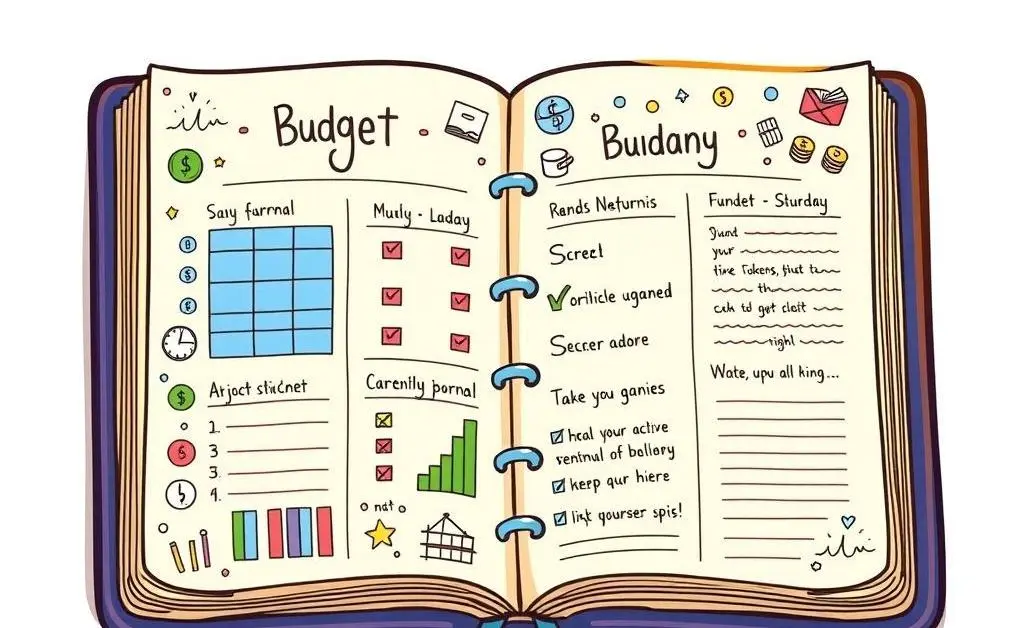Feeling a Financial Squeeze? Simple Ways to Reign In Spending
Here's how to keep your spending in check without feeling deprived.

Have you ever glanced at your bank statement and wondered, "Where did it all go?" You're not alone. Many of us feel a financial pinch from time to time, particularly when it seems like our spending is getting a bit out of hand. But here's the good news: you don't have to give up your morning latte or cancel every streaming service to get things under control. It just takes a little awareness and some clever financial adjustments.
Understanding Your Spending Habits
The first step to reigning in your spending is to become aware of your habits. This means figuring out where your money goes each month. Easier said than done, right? Try breaking it down into categories.
- Necessities: Rent, groceries, utilities
- Savings: Emergency fund, retirement contributions
- Discretionary: Dining out, hobbies, entertainment

Once you see where your money goes, it's easier to identify areas to trim.
Tips for Mindful Spending
One technique I find surprisingly useful involves making spending more mindful. When I was struggling to save for a vacation, a friend suggested keeping a "purchase pause" list. The idea is simple: write down the impulse buys you want to make, and wait 30 days before actually purchasing them. More often than not, you'll find you don't actually need them.
Here are some other strategies that might help:
- Use cash for discretionary spending to keep track of how much is left for the month easily.
- Set a weekly spending limit and stick to it.
- Evaluate the value: Ask yourself if each purchase brings lasting joy or fulfills a real need.

Creating a Realistic Budget
Another crucial step is to set a realistic budget. Use your newfound understanding of your spending habits to create a spending plan that leaves room for fun but also prioritizes savings. There are apps and tools that can help, but a sheet of paper and a pencil can work wonders too. The key is sticking to it and adapting it as your life changes.
Want to see if your budget holds water? Test it for a month and track your progress. Tweak what isn't working, and celebrate small victories when you manage to save more than expected.

The Takeaway
Financially healthy habits start with small, consistent steps. It's all about finding the right balance that allows you to enjoy life while ensuring your financial security. As you experiment with these strategies, you'll likely discover new ways to make sure your money is working for you — rather than the other way around.
So tell me, what little changes have you made recently that had a big impact on your wallet? Let me know in the comments!




